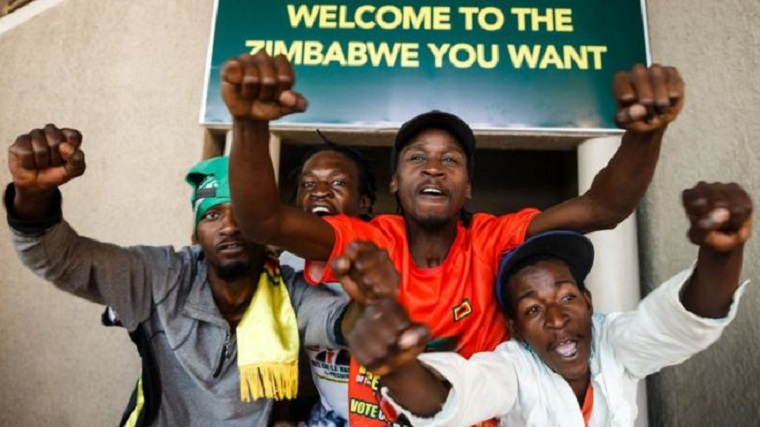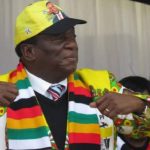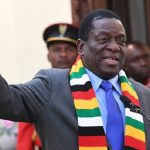Cameroon
Cameroonian Gendarmerie patrol in Omar Bongo Square in Buea, Cameroon’s majority anglophone southwest province capital, during a political rally for Paul Biya, Oct. 3. (Marco Longari/AFP/Getty Images)
Over in Cameroon, we have Paul Biya, who has held power for 36 years and occasionally visits the country to rule it from his base in Switzerland.
In October, he won another term after an election in which half of his country did not vote. He was congratulated by the US State Department.
Biya won 71.28% in that poll. Maurice Kamto, the opposition leader, had declared himself the winner a few hours after the polls closed. His party was declared to have won just 14%, so he refused to attend Biya’s inauguration. Familiar.
Kamto’s campaign manager declared: “We don’t recognise Biya as the president of the republic.” Also familiar.
Cameroon currently has trouble in the English-speaking North, where rebels are fighting for secession. Only 10% of the people there came out to vote. Up to 60% of polling stations in the north did not open. People were too scared of violence.
And who was running the election? Biya’s Minister of Territorial Administration supervises the poll. Before the election, a company linked to the Minister, Paul Nji, predicted an 81% win for Biya. Members of Nji’s elections body are also working on Biya’s private projects, including on a book he is writing.
Desperate for endorsement, Biya even cooked up fake observers. A group calling itself Transparency International came out on state TV to declare the elections as “extremely good”. It turned out it was fake Transparency International. The real Transparency International had to issue a statement saying it was nowhere near the election.
There were no EU or US observers. Still, as soon as Biya declared himself winner, the US issued a statement congratulating him for “largely peaceful elections”. As for half the country being unable to vote, and Biya’s minister running the election, the US said these “irregularities may not have affected the outcome”.
The EU admitted that “some parts of the population were unable to take part in the vote”, but said it expected “the President-elect to bring together all stakeholders to overcome the challenges facing the country”. And that was that.
Within weeks of Biya stealing the poll, France’s EDF Group and the World Bank’s IFC signed a $1.3 billion power deal with Cameroon. The Director General of General Electric Africa, Farid Fezoua, with the US ambassador in tow, paid a visit on Biya early December to arrange billions.
Quickly forgotten were the videos that went viral in July, showing Biya’s military officers executing women and children.
But, of course, Cameroon has oil and is also fighting Islamic militants. They too get a pass, unlike Zimbabwe.
Continued next page
(369 VIEWS)


